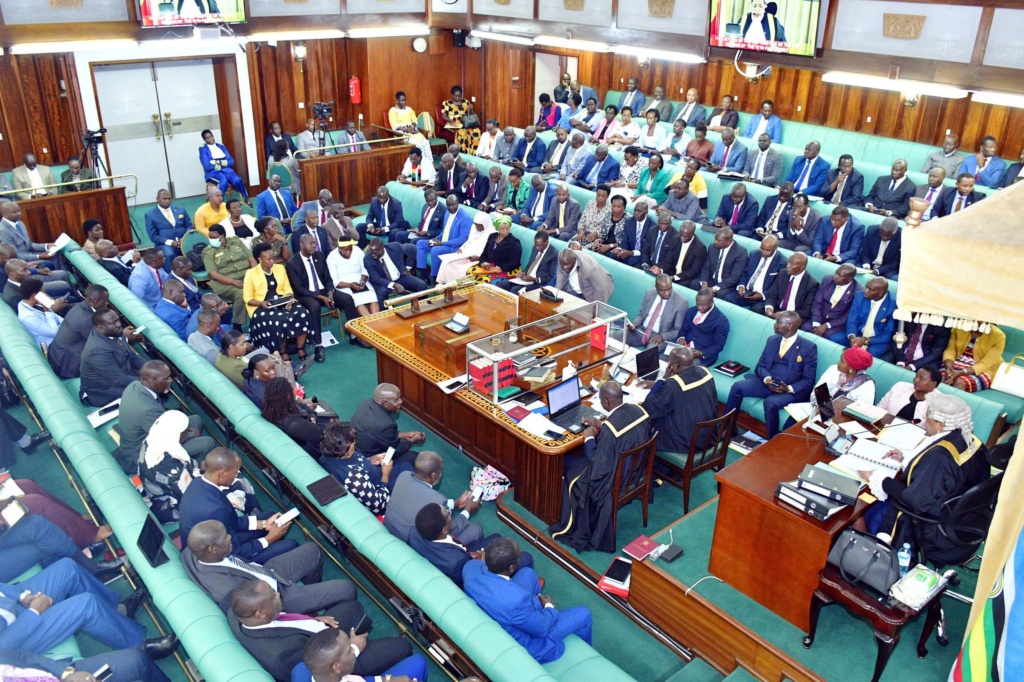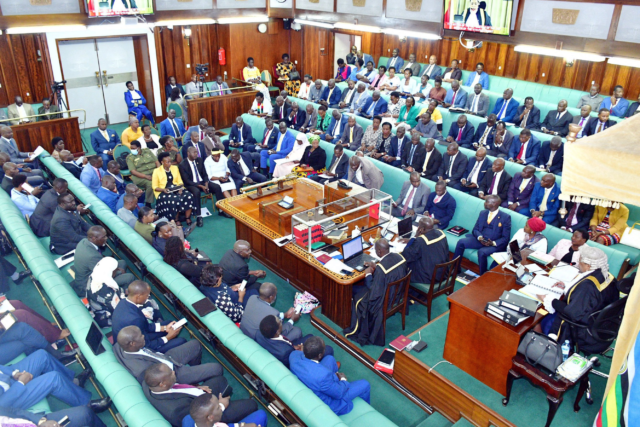
Parliament has rebuffed the government’s proposal to disband critical public agencies, including the Uganda National Roads Authority (UNRA), National Agricultural Advisory Services (NAADs), and Uganda Coffee Development Authority (UCDA).
The rejection comes in response to legislators’ concerns over the lack of a comprehensive analysis of the cost and legal implications associated with the proposed realignments.
“Hasty mergers without proper planning pose potential risks. We must protect employees’ interests and ensure the smooth functioning of crucial sectors like infrastructure development, agriculture, and coffee production,” stated Nandala Mafabi, MP for Budadiri.
“Transparency and evidence-based decision-making are paramount. Detailed reports on the projected costs and legal implications must precede any further consideration. A comprehensive assessment will allow informed discussions on potential benefits against risks and challenges.” emphasized Speaker Anita Among
The government’s initial suggestion to dissolve these agencies aimed at achieving cost efficiency and improving service delivery. However, parliament raised concerns about the impact on employees, stakeholders, and the respective sectors served by these agencies.
Experts argue that over time, agencies have been created merely to provide jobs for individuals with little to no responsibilities, raising employment costs for those technically doing nothing.
This has brought into question the actual impact of agencies on service delivery. Further arguments suggest that many parallel agencies perform similar functions but are supervised by different arms of government, leading to contradictions and accountability issues.






